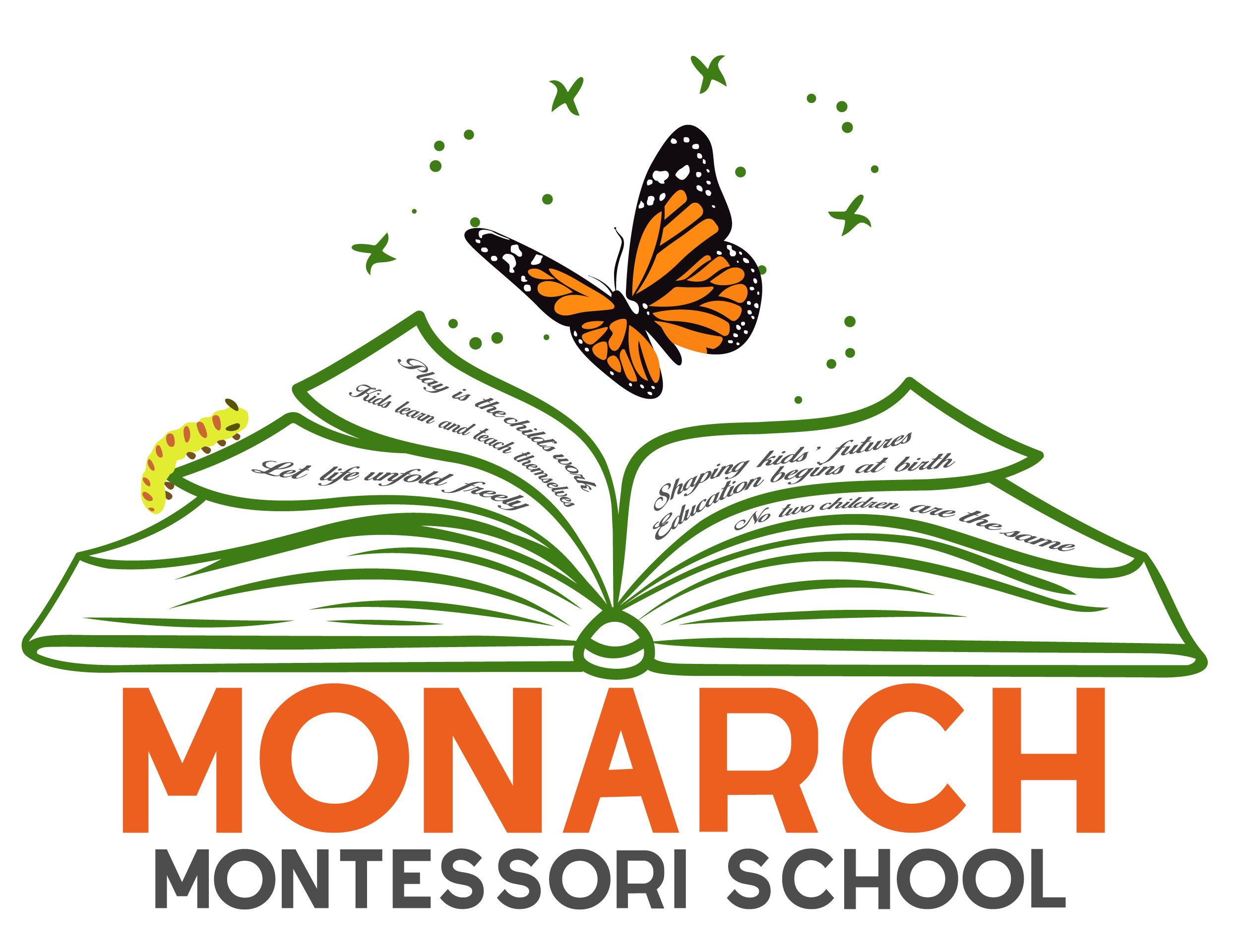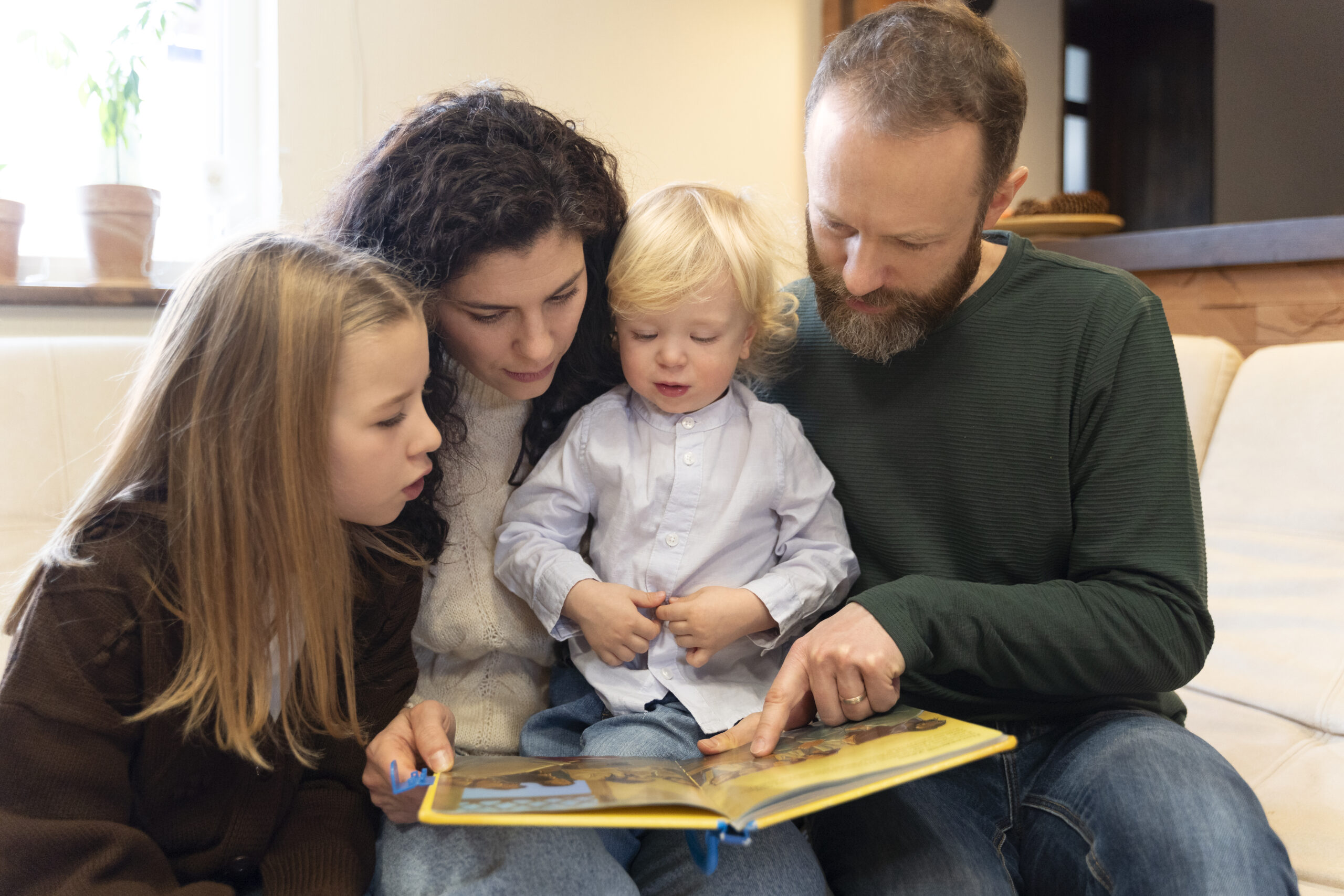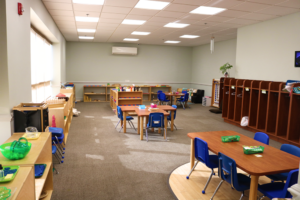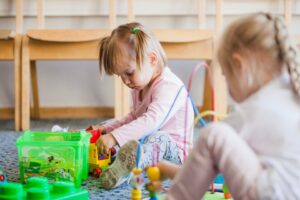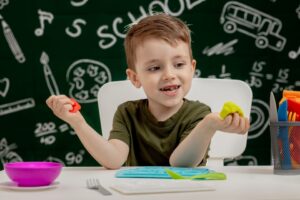How Is Montessori Education Different?
As more parents seek personalized, child-centered alternatives to traditional education, the Montessori method continues to stand out. But what exactly sets Montessori education apart? Why are so many families choosing this method over conventional schooling?
At Monarch Montessori School, we believe it’s important to understand how Montessori education differs from traditional models, not only in structure but in philosophy outcomes, and day-to-day learning. In the post, we’ll explore the unique aspects of Montessori education and why it could be the right fit for your child.
Child-Led Learning
In a traditional classroom, the teacher typically directs the learning process, delivering lessons to a whole class at once. In contrast, Montessori classrooms are student-centered. Children are free to choose their activities based on interest and developmental readiness.
At Monarch Montessori School, we see the role of the teacher (guide) as a facilitator, not a lecturer. Our guides observe students closely and introduce materials at just the right moment, allowing children to take ownership of their learning journey. Contact us at 973-928-3605 to learn more.
The Prepared Environment
Montessori environments are purposefully designed to support independence and curiosity. Every material in the classroom has a specific place and purpose. Children are encouraged to move freely, choose their own work, and return materials when finished.
Unlike traditional classrooms with desks lined in rows, a Montessori classroom is dynamic, interactive, and hands-on. Learning materials are self-correcting, so children can identify and fix their own mistakes, fostering confidence and critical thinking.
Key features of this environment include:
- Child-sized furniture: Tables, chairs, and shelves are scaled for small bodies.
- Accessible materials: All learning materials are placed on low, open shelves.
- Order and beauty: The space is calm, organized, and aesthetically pleasing.
- Hands-on learning: Materials are tangible and self-correcting.
Mixed-Age Classrooms
A hallmark of Montessori education is the multi-age classroom, typically spanning a three-year age range (e.g., ages 3-6, 6-9, 9-12). This allows students to mentor younger ones, and younger students benefit from peer learning.
This setup mirrors real-world communities and encourages social development, cooperation, and leadership skills, traits that traditional single-grade classrooms don’t always nurture as naturally.
At Monarch Montessori School, our programs foster peer learning. So whether your child is an infant, a toddler, or an elementary student, they will have the opportunities in their rooms to learn and help each other.
A Focus on the Whole Child
Montessori education is about more than just academic achievement. The philosophy is built on developing the whole child, which includes their social, emotional, physical, and cognitive growth.
A significant part of the curriculum involves Practical Life activities. These are tasks like pouring water or preparing a snack, which help children develop fine motor skills, concentration, and a sense of responsibility.
Lessons in Grace and Courtesy are also integrated into daily life. Children learn how to interact respectfully, resolve conflicts peacefully, and become caring members of their community. This focus nurtures well-rounded, confident, and considerate individuals.
Assessment Without Grades
In most traditional classrooms, learning is driven by grades, rewards, or consequences. Montessori education, however, emphasizes intrinsic motivation, the inner drive to learn for the sake of learning.
Montessori students often feel a strong sense of accomplishment simply from completing a task or mastering a skill. This creates lifelong learners who are curious, self-motivated, and engaged well beyond the classroom.
Is Montessori Education Right for Your Child?
Every child is unique, and so is every educational approach. Montessori may not be for everyone, but for many families, it provides the ideal setting for their child to grow, explore, and thrive.
If your child is curious, independent, or easily bored by traditional methods, Montessori might be a perfect fit. At Monarch Montessori School, we welcome you to schedule a tour, observe a classroom in action, and see the difference for yourself.
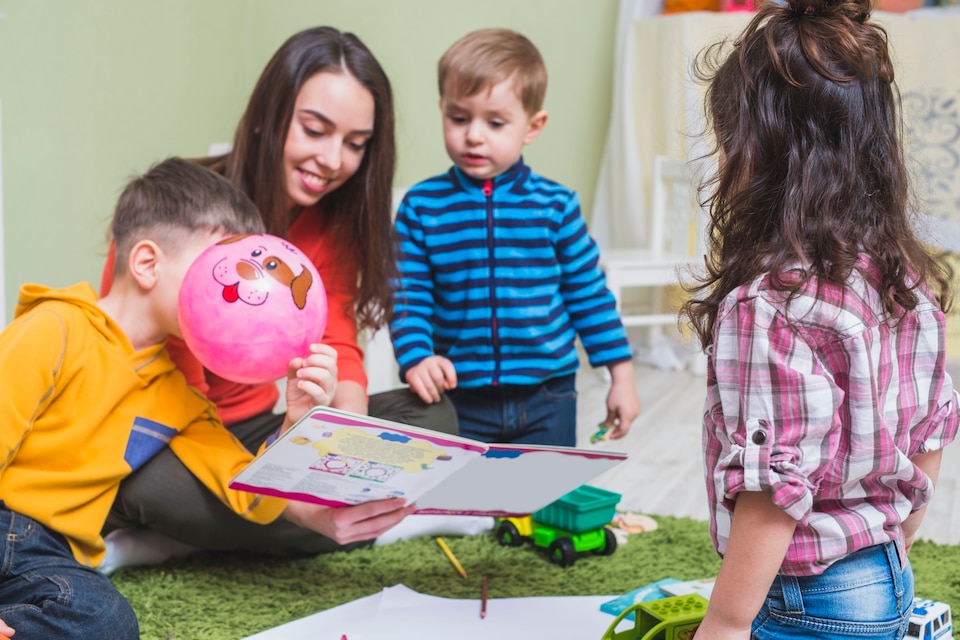
How Is Montessori Education Different?
Montessori education is different because it places the child at the center of the learning experience. Its unique approach fosters independence through a child-led curriculum and a carefully prepared environment.
The method’s use of mixed-age classrooms and its commitment to developing the whole child create a rich, supportive community. It cultivates not just academic knowledge but also essential life skills and a lasting passion for discovery.
Located in Little Falls, NJ, Monarch Montessori School is committed to providing a nurturing, authentic Montessori education for children ages 3-12. Our experienced guides, beautiful classrooms, and individualized learning plans help children reach their full potential—academically, socially, and emotionally. If you’re wondering, how is Montessori education different?, we invite you to come see the difference in action. Visit us at 2 Newark Pompton Turnpike, Little Falls, NJ 07424.
